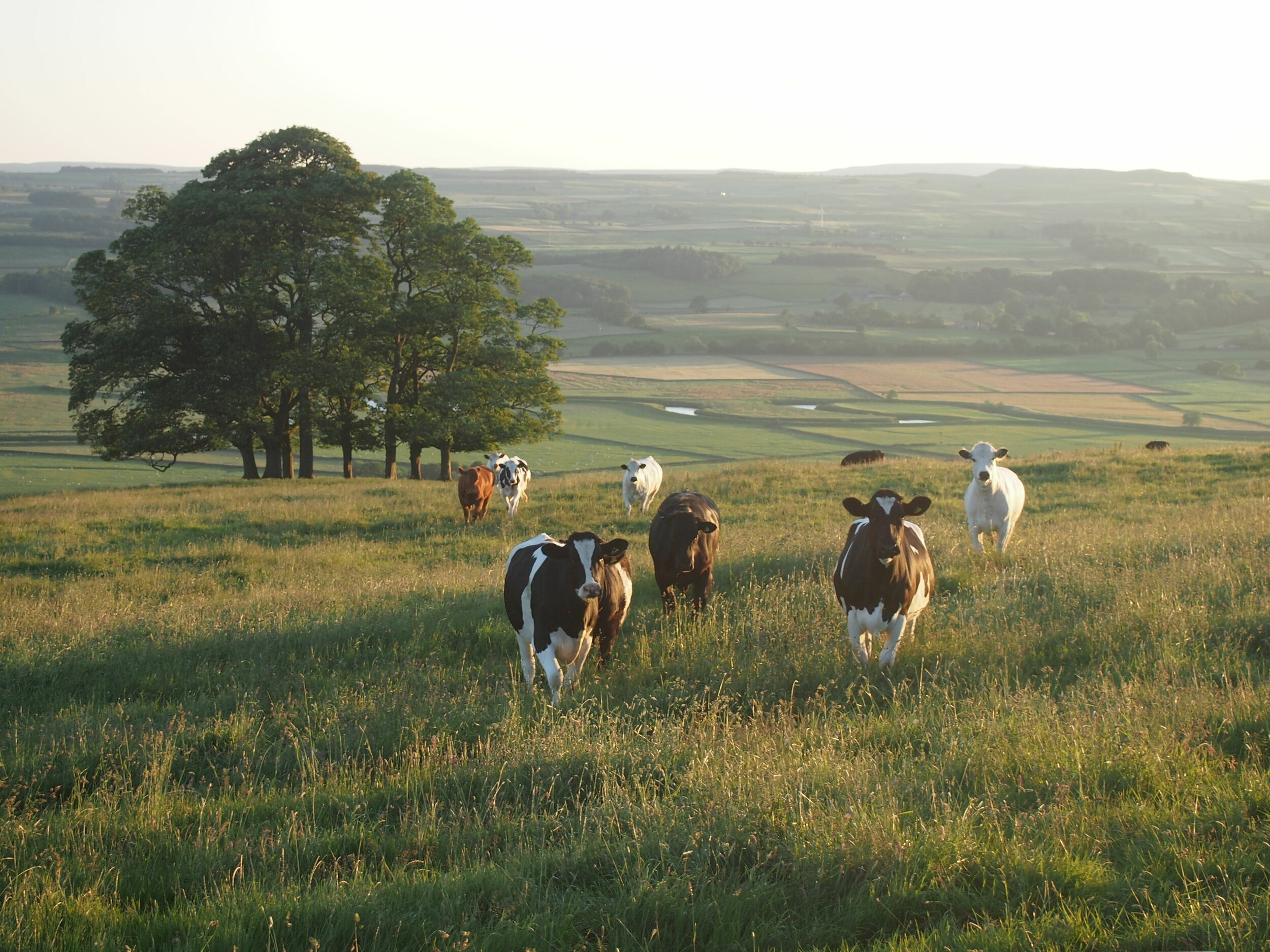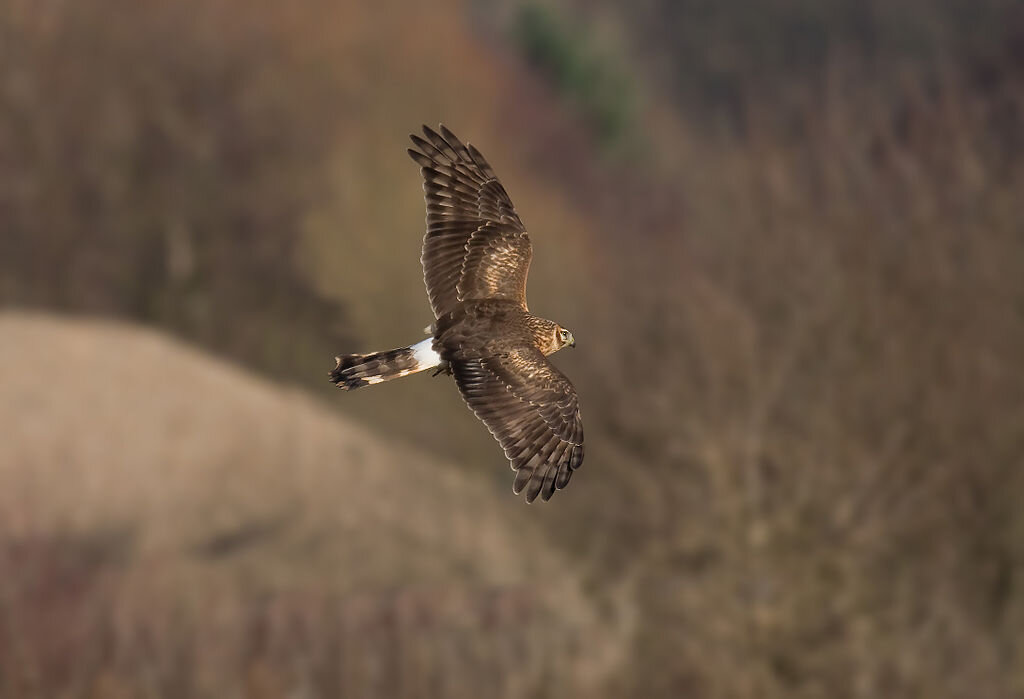The British countryside: our green and pleasant land | Adam James Pollock
The past year, with all of its trials and tribulations, has made life for many in the countryside much more difficult than the already laborious task it has been during ordinary times. The effects of the recent public health pandemic, which followed panic-buying with long-term hospitality sector closures, has had an entirely detrimental effect on farming, from harvest being difficult to undertake due to the unavailability of foreign workers to travel to the UK as is normal, to farmers pouring thousands of gallons of milk down the drain as restaurants are not open to purchase it. However, these tangible, economically-focused issues are not the only problems for the countryside which have been exacerbated by recent events.
One of the main issues currently faced by those resident in rural areas is the mass infiltration of such areas by those who do not live there. Due to the long succession of lockdowns, with ‘exercise’ being one of the only permitted reasons (or excuses) to leave one’s house, many more people have taken to the countryside for long walks than usual. Many households now drive daily to remote areas of the country, park roadside, and take off walking seemingly in any direction, regardless of whose land they may be walking across, whose gate they may have just blocked, or whose habitat they may have just trodden all over.
Yes, exercise is arguably more important now than ever, not only for physical reasons but also for maintaining positive mental health, and the countryside is oftentimes the best place for this. However, an awareness must be cultivated in the less rural populations that just because there may be no houses or walls on a plot of land does not mean it is uninhabited; as scenic as a field may be, constant streams of people walking along their self-forged paths destroys important pasture and animal habitats. This is not to suggest these people are not welcome, but a minimal understanding of the countryside code would not go amiss.
While the act of walking itself may not cause harm, oftentimes people take their family pets with them on such walks, letting dogs off their leads to run amuck in fields which they shouldn’t be in. This is not ‘harmless fun’, as some may think, as often such dogs are not used to the presence of other animals in large open spaces, and the thrill of the chase may overtake them. Many instances have been recorded recently of dogs terrorising livestock, notably sheep and calves, with 18 sheep being killed by out-of-control dogs in a single field near Northallerton, Yorkshire within 24 hours this week. Notably, the field has a public footpath running through it; this is not an invitation to let one’s dog run free from its leash.
Not only is the loss of such animal life tragic, but there is also a tangible economic implication of this, as farmers rely on their livestock for their livelihoods. With profits for farm work low, if not non-existent, in the past year, such incidents are an especially low blow to an already struggling industry.
I have spoken to many rural people about their thoughts and opinions on what is responsible for the large increase in interest in the countryside (yet alongside still a total lack of knowledge on what life entails there), and almost without exception they point to the misinformation spread by the BBC and other broadcasters. There has been much debate recently about the BBC bias, whether it is right-wing or left-wing, but there is agreement over the fact that bias is rife within the organisation; a recent YouGov poll posited that 48% of people feel that the BBC does not represent their values, with 33% saying that such representation has worsened in the past year.
When it comes to the countryside, people are growing weary of presenters such as Chris Packham presenting his own views as if they were mainstream in rural areas, which couldn’t be farther from the truth. In a fantastic recent article by the newly elevated Lord Ian Botham, Packham is derided as being utterly imprudent regarding all true rural issues. Despite his own claims to be a voice of conservation in the countryside, he could hardly represent rural communities less if he had spent his entire life in a Hackney estate.
Former England cricketer Lord Ian Botham has been vocally critical of Chris Packham’s public and verging-on-callous words about countryside life.
He has described those who work on grouse moors as “evil” and “satanic”, with Botham referring to him with animus as “a very effective politician dressed up as a presenter”. Packham does not even attempt to be subtle with the lies he spreads, being caught out once again on January 11th by Country Squire magazine: in a tweet encouraging the public to go vegan, Packham posited that “Even [the National Farmers’ Union] admits 25% of the U.K. will be veg/vegan by 2025”. The Union itself promptly responded: “This is incorrect. We have not said this.”
In 1946, Sir William Beach Thomas wrote a book entitled A Countryman’s Creed which, with many allusions to his own life, poetry, literature and well-known anecdotes, sought to adequately convey the true relationship between man and the English countryside. In this, he recalls a story regarding people going to the country who were not from there:
“…the poor things only said what they’d heard someone else say, or had read in the papers… You see, they’d never been alone or had the chance to be alone and think for themselves.”
I believe that in today’s world such a sentiment still rings true.
There are, indeed, many other important issues of conservation which the mainstream televisual media is doubtful to report on due to the complicated contexts of rural life and livelihoods in which they exist. One example is the recent classification of hedgehogs as ‘vulnerable to extinction’. This is due in part, as most cases are, to a loss of habitat, however a key reason for this which pertains to the hedgehog is that its habitat also suits the badger, of which there are many greater numbers than hedgehogs, and for whom they are easy prey.
What is to be done about the vulnerable status of hedgehogs? Very little, it appears; the predator in this case has its own Act of Parliament to protect it against any attempt to control their population in the Protection of Badgers Act (1992), while there is no such legislation for their prey, who are deemed as pests.
Conservation issues often get even more complex than this, especially when individuals’ livelihoods are involved. Take, for example, the case of hen harriers dying on grouse moors. These are extremely vulnerable birds of prey, of which there were only nine breeding pairs in the whole of England in 2018. These birds nest on moors where they hunt for prey, and when such moors are managed for grouse shooting, the grouse chicks become prey, too, putting the birds in contention with the work of the gamekeepers. Subsequently, a recent ten-year study confirmed that almost three quarters of satellite-tagged hen harriers were considered very likely to have been illegally killed, with the birds being ten times more likely to drop off the radar over grouse moors.
An adult hen harrier in flight.
What is Chris Packham’s view on this contentious issue? For him, the answer is obvious: his lobbying group set up a petition to ban driven grouse shooting in its entirety. Don’t worry about the 1,500 jobs nationwide which the shooting industry is responsible for, they’re all “psychotic” anyway.
The countryside is a different world entirely to the more urban areas which the vast majority of the population reside in, but the importance of the countryside in the functioning of the rest of the nation is key, be that through farming of crops and livestock, food production, tourism, and endless other ways. Keeping it running the way it should requires the constant hard work of those who live there, but it also requires the rest of the population to treat it with respect, to care for it, and to not act as if they know what is best for somewhere they do not live or work. I conclude this piece as Beach Thomas concluded his aforementioned work almost 75 years earlier:
“We ought to be very sure, especially in England, the land of rhythmic gradation, of what is wrong, before we upset it as a preparation for a future that is probably as deeply misconceived as other dogmatic prophesies of the past. Let us remain as English as we can, within an England true to its merry past.”
–
If you liked this article and want to help our organisation expand, please consider donating. All donations are gratefully received.



